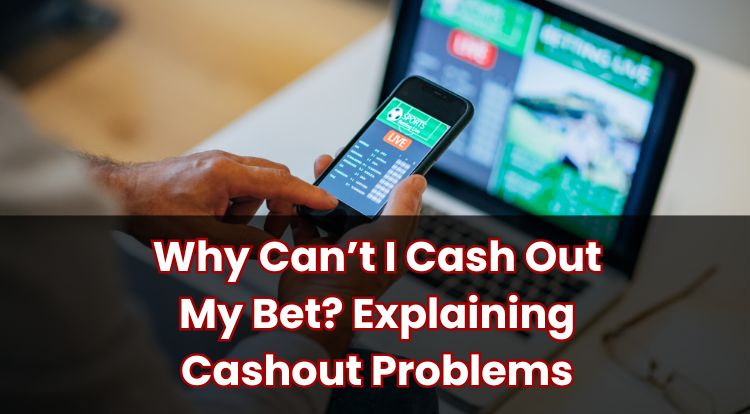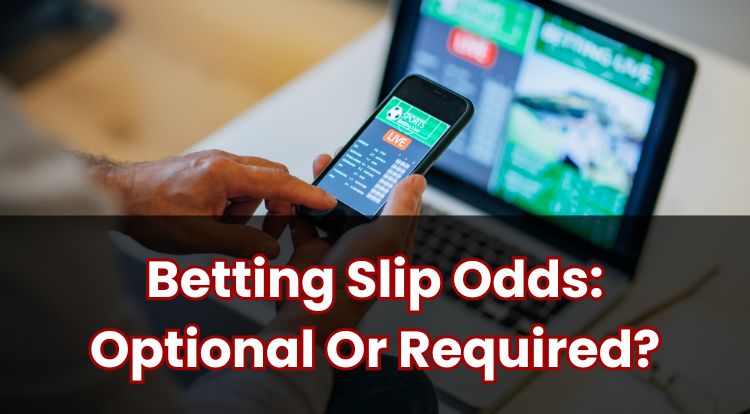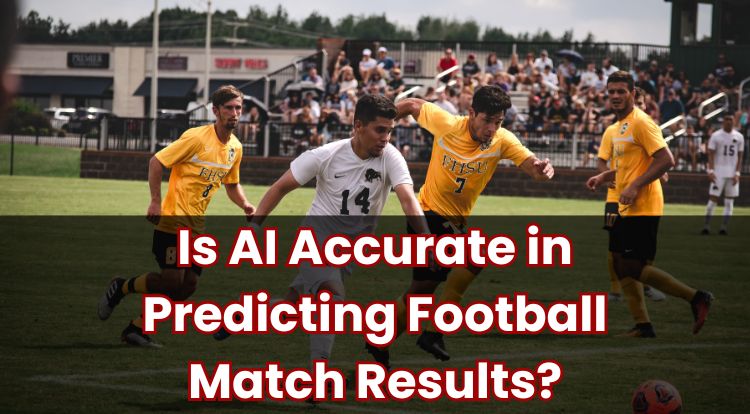Should You Bet on Dropping Odds? Key Facts for Punters
Sports odds can move quickly, and one of the most noticeable changes is when they shorten just before a match or race begins. This is often called “dropping odds”. For many people, it raises the question: does this signal useful information, or is it simply noise?
This guide explains what dropping odds are, why they happen, and how they fit into the wider picture of sports betting. The aim is to give you a clear, practical understanding, so you can recognise what is going on and decide for yourself whether the price still makes sense.
What Does It Mean When Odds Are Dropping?
Odds show how much money you would receive if your bet wins, and they also reflect how likely the bookmaker or exchange believes the outcome is. In the UK, odds are often displayed as fractions, like 2/1, or decimals, like 3.0.
- A fraction such as 2/1 means a successful £1 bet would return £2 profit, plus your £1 stake back.
- A shorter fraction, like 1/2, means you could win 50p profit for every £1 staked, plus your £1 returned.
When odds “drop”, the price shortens. For example, if a football team is priced at 3/1 and later moves to 2/1, the market is saying the team is now considered more likely to win than before.
It is important to remember that odds are not a forecast of what will happen. They are simply a reflection of market views and the bookmaker’s pricing at that moment.
Why Do Bookies Cut Their Odds?
Bookmakers may cut odds for several reasons. A main factor is protecting themselves from paying out too much if a large number of bets land on the same outcome. If, for example, most punters start backing the same horse in a race, the bookmaker may shorten the price to try and balance out their potential exposure.
Odds also react to new information. This could be:
- A footballer being declared fit or injured
- Sudden weather changes before a race
- Tactical announcements or confirmed line-ups
Competition plays a role too. If one bookmaker shortens a price because of reliable news, others may quickly follow to prevent being left out of line with the market.
On exchanges, the process is different. Odds move according to what customers are backing and laying against each other, without a bookmaker setting the line.
Is It Good to Bet on Dropping Odds?
Dropping odds do not guarantee an outcome. They simply suggest that the market has responded to new information or heavy betting. While some might see this as a signal worth following, others may prefer to stick with their own assessment.
The key factor is whether the shorter odds still offer value to you. For instance, if a team shortens from 5/1 to 3/1, the potential profit on a £10 bet decreases from £50 to £30. The change may reflect genuine information, or it may just be a surge of interest from other bettors.
It comes down to whether the price still makes sense for your view of the match or event.
Dropping Odds vs Value Betting: What’s the Difference?
Dropping odds simply show that the price has shortened. This can happen for various reasons, such as injuries, weather, or betting volume.
Value betting is different. It means believing the real chance of an outcome is higher than the odds suggest. For example, if you think a team has about a 50% chance of winning and the odds are 2/1 (which implies about a 33% chance), you may feel the price is favourable.
The important point is that falling odds do not automatically make a price “good”. They might bring the odds closer to fair value, or they might even overshoot.
When Do Dropping Odds Usually Happen?
Odds can change at any time, but the most noticeable shifts often happen close to an event starting. Some common triggers include:
- Confirmed team news: A key player being available can quickly shorten prices.
- Weather conditions: Heavy rain may favour certain horses or influence football tactics.
- Public reaction: A respected pundit or tipster making a strong case can influence betting activity.
- Off-field developments: Managerial changes, transfer rumours, or other background events can affect longer-term markets.
These moments matter more near the start of a match or race because there is little time for further adjustments. However, as sports-betting involves an element of chance, outcomes cannot be guaranteed.
How Can You Spot Dropping Odds Quickly?
If you want to keep an eye on price movements, you can:
- Compare odds across several bookmakers to see where a price has shortened.
- Check markets at different times of the day, especially after news breaks.
- Use odds-tracking tools to follow how prices shift.
- Watch exchanges, where live customer activity often shows which way sentiment is moving.
Risks to Keep in Mind With Dropping Odds
Betting on sport is never certain. A drop in price reflects current information and betting patterns, not the actual result. Shorter odds also reduce your potential return if the bet does win.
It can be tempting to follow the crowd when a price is falling, but this does not mean the outcome will happen. Deciding whether to back it depends on your own view, the price available, and whether you are comfortable with the stake.
If you do choose to bet, it may help to:
- Set yourself a budget that you are prepared to lose.
- Use deposit limits if you find this helpful.
- Take a break if betting stops feeling enjoyable.
Betting should remain fun. There is no strategy or price move that can guarantee a win, because sport is unpredictable and results can surprise. Always gamble responsibly.
**The information provided in this blog is intended for educational purposes and should not be construed as betting advice or a guarantee of success. Always gamble responsibly.




